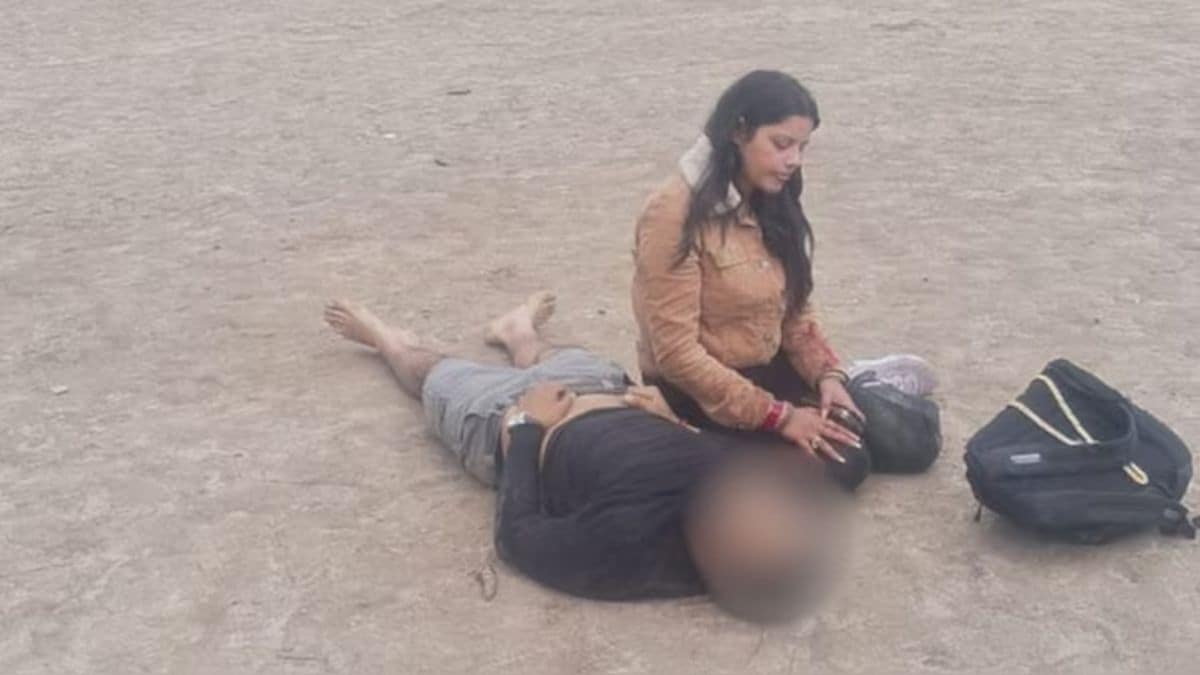

The European Union has strongly condemned the terrorist attack in Pahalgam, Jammu and Kashmir, which resulted in the deaths of 26 people, mostly tourists, on April 22, 2025. The EU's statement emphasizes that "terrorism can never be justified" and that those responsible must be brought to justice. The EU has also affirmed that every state has a duty and the right to protect its citizens from acts of terror.
Following the Pahalgam attack, the EU High Representative for Foreign Affairs, Kaja Kallas, held separate conversations with India's External Affairs Minister S. Jaishankar and Pakistan's Deputy Prime Minister Ishaq Dar. Kallas expressed concern over the rising tensions between India and Pakistan and urged both sides to show restraint and pursue dialogue to ease the situation, emphasizing that "escalation helps no one". Jaishankar welcomed the EU's strong condemnation of terrorism.
However, the EU's call for restraint has been met with criticism from Indian experts and former diplomats. They argue that the EU is ignoring Pakistan's role in cross-border terrorism and is applying a double standard compared to its strong stance against Russia's actions in Ukraine. Some experts have accused the EU of turning a blind eye to the "shenanigans of the Islamic State of Pakistan" and of being ignorant of the situation in the region. They argue that dialogue and diplomacy have been exhausted and have not curbed cross-border terrorism from Pakistan.
External Affairs Minister S. Jaishankar has also subtly criticized the EU's "hypocritical stance". He questioned Europe's calls for restraint when India faces cross-border terrorism from Pakistan, while at the same time, Europe demands strong action in Ukraine. Jaishankar has emphasized the need for equal partnerships and fairness, rather than "lectures" and double standards.
Despite these criticisms, the EU's condemnation of the Pahalgam attack reflects a broader international consensus against terrorism. Over 60 countries and international organizations have condemned the attack. While many countries have expressed solidarity with India, most have stopped short of explicitly blaming Pakistan for cross-border terrorism.
In the aftermath of the Pahalgam attack, India has taken decisive actions, including conducting precision strikes on terrorist camps in Pakistan. India has long maintained a policy of zero tolerance for terrorism and has asserted its right to defend itself against cross-border attacks. The EU acknowledges that every state has the right to protect its citizens from acts of terror. However, the EU has also urged both parties to de-escalate tensions and engage in dialogue. The situation remains tense, and the international community continues to monitor developments closely.